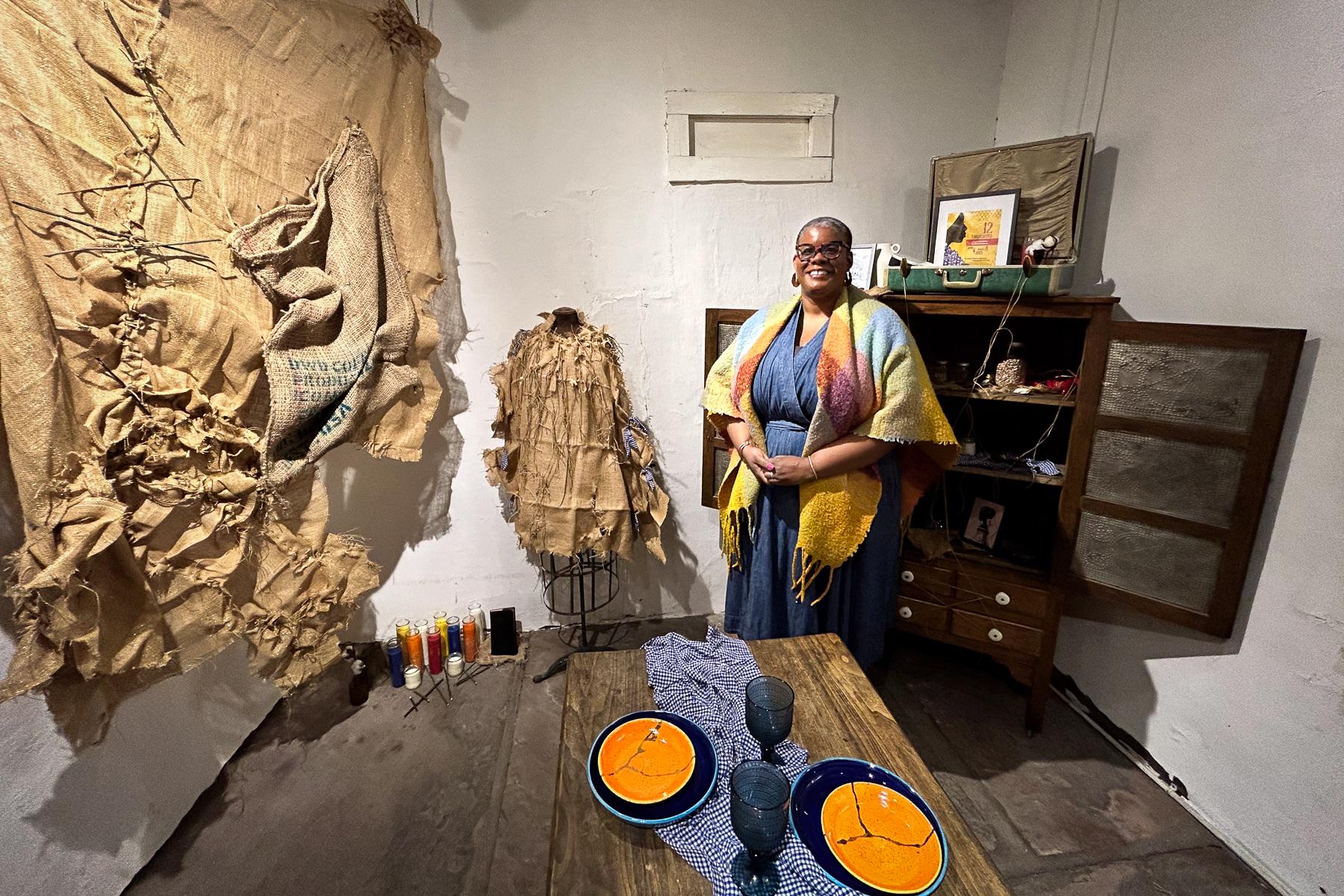Originally published on September 10, 2019 4:41 pm

The House Committee on Natural Resources held a hearing today on the Bureau of Land Management's plans to move headquarters out west. Congressional Democrats are among those skeptical that the move is the right choice. That includes Arizona Rep. Raul Grijalva.
"We are here to discuss what is being called a reorganization of the Bureau of Land Management," he said. "In reality, given the lack of transparency, analysis and consultation, this appears to be nothing more than a poorly veiled attempt to dismantle a federal agency."
But the Trump administration says the idea is to cut costs and get top decision makers closer to the action. BLM acting director William Perry Pendley gave testimony at the hearing.
"This makes sense," he said. "It makes sense for the American people. It makes sense for the Bureau of Land Management and its employees. We know at the end of the day, you hold the purse strings."
Tony Small, vice chairman of the Ute Indian Tribe Business Committee, opposed the move during his testimony. He said the Department of Interior has failed to consult tribes on the reorganization.
"Moving BLM will reduce coordination, drain expertise, eliminate accountability," he said. "Rather than drain the swamp, BLM will become a tool of special interests, and will lose focus on its national missions, including trust and responsibility to tribes."
Dr. John Freemuth, a professor of public policy at Boise State University and an expert on public lands, also gave testimony at the hearing. He said there's no such thing as a neutral reorganization-meaning advantages will be given only to some. And that wasn't his only concern.
"What is necessarily going to stop another administration from deciding that people belong back in Washington? And the point here is, that will whipsaw people back and forth," Freemuth said.
Some critics are concerned that many current employees will resign from the BLM rather than make the move, leaving positions unfilled. "I would argue that if you have a BLM employee who doesn't want to live near BLM land, that's probably a sign that you should reorganize," said Robin Brown, director of the Grand Junction Economic Partnership.
Meanwhile, committee Republicans voiced support for the plan.
Most of the BLM's 10,000 employees are already in field offices across the West. But with headquarters set to move to Grand Junction, Colorado, more than 200 positions could leave Washington for various western states. That includes 85 positions slated to come to Colorado and 32 to Nevada.
Copyright 2019 Wyoming Public Radio. To see more, visit Wyoming Public Radio.







